The International Criminal Court's (ICC) issuance of arrest warrants for Israeli Prime Minister Benjamin Netanyahu and former Defense Minister Yoav Gallant has drawn international attention and mixed reactions. The charges stem from allegations related to their roles in the Israeli military campaign in Gaza, which has been marked by significant civilian casualties and extensive destruction. While the move has been hailed by some as a step toward justice, it has also deepened divisions on the global stage.
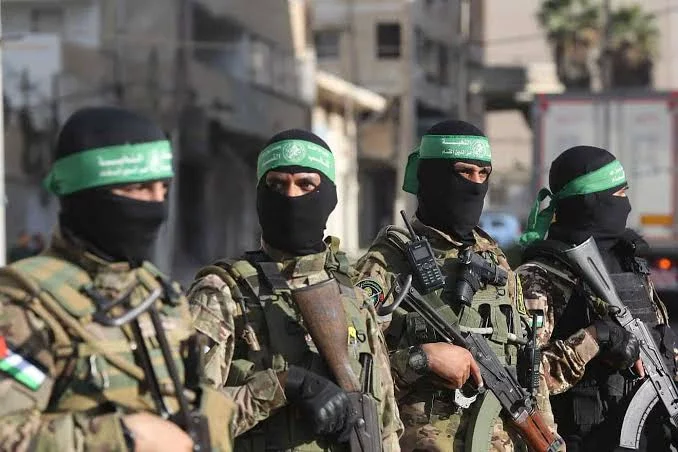
According to Times of Israel, Hamas, a key actor in the Israel-Palestine conflict, has welcomed the ICC's decision. The group called the warrants an important milestone in holding Israeli leaders accountable for alleged crimes against Palestinians. However, the political bureau of Hamas avoided commenting on the arrest warrant issued against its own former military chief, Mohammed Deif. Israel claims to have killed Deif earlier this year, though Hamas has not confirmed his death, leaving his fate uncertain.
In Israel, reactions to the ICC's action have been polarized. The Arab-majority Hadash party voiced support for the court's decision, emphasizing the need for accountability for the destruction in Gaza. Conversely, members of Netanyahu's Likud party criticized the ICC, accusing domestic progressive groups of influencing the court's actions.
The controversy extends beyond Israel and Palestine, affecting international politics. The United States has expressed concerns over what some perceive as bias in the ICC's actions, with critics suggesting that the court unfairly targets Israeli leaders. U.S. officials have also raised issues of antisemitism in the discourse surrounding the ICC's decision. The upcoming U.S. administration is expected to take a firmer stance on the matter in early 2025.

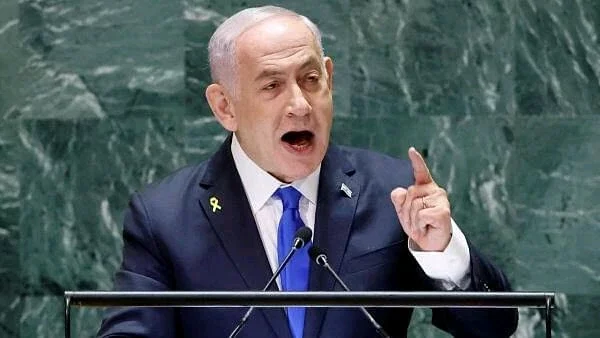
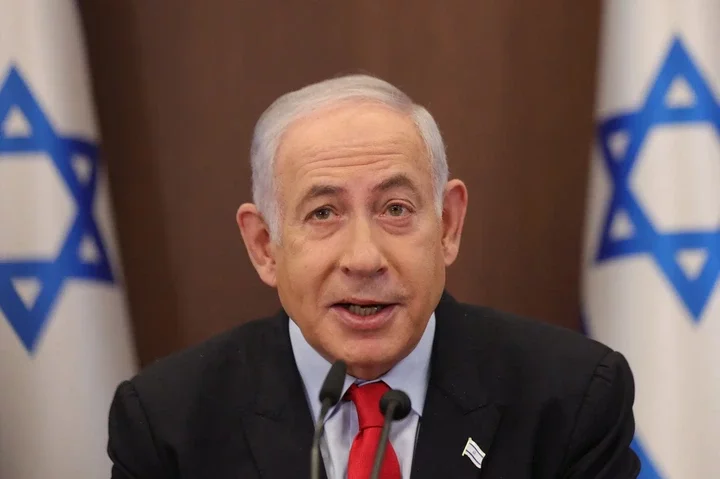
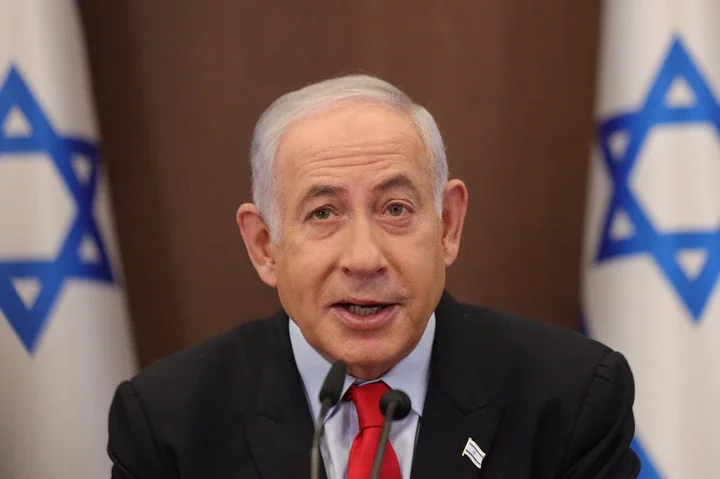
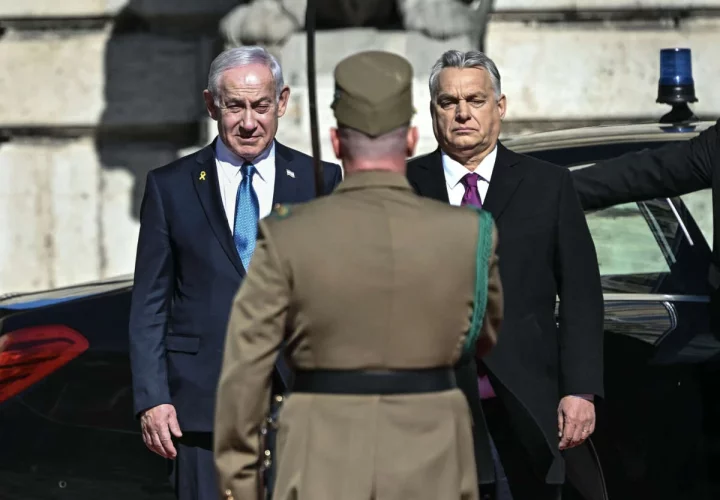
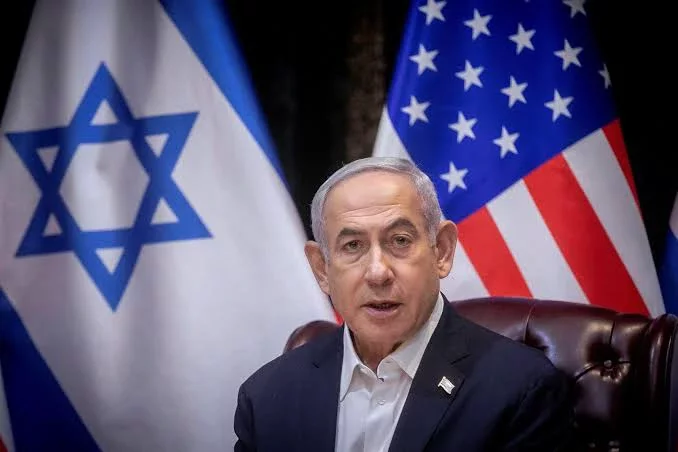
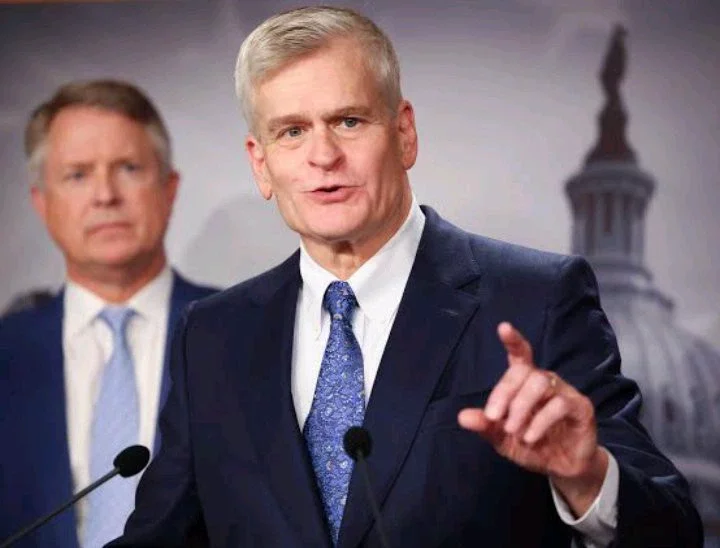
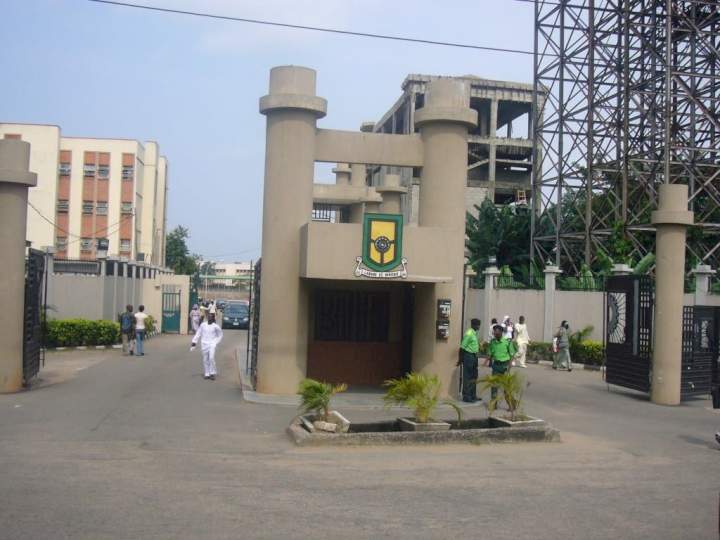

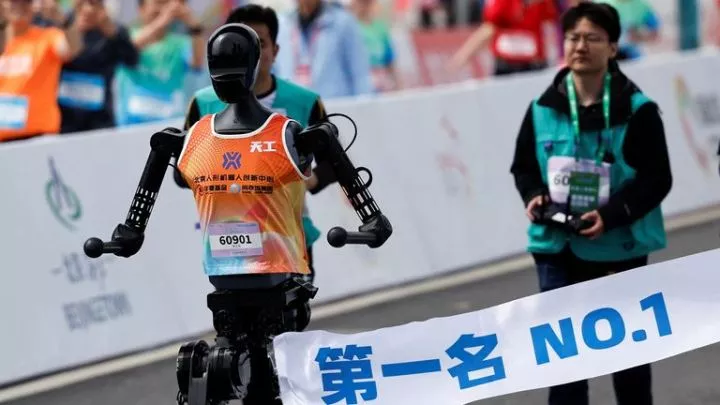



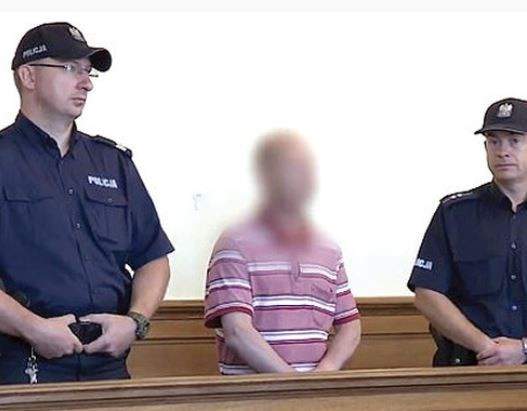
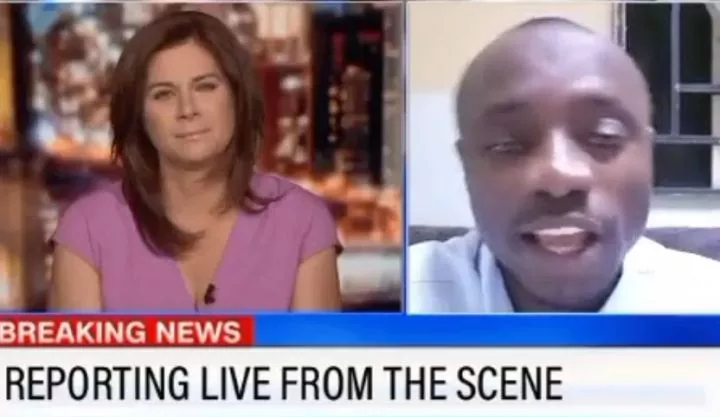


Comments